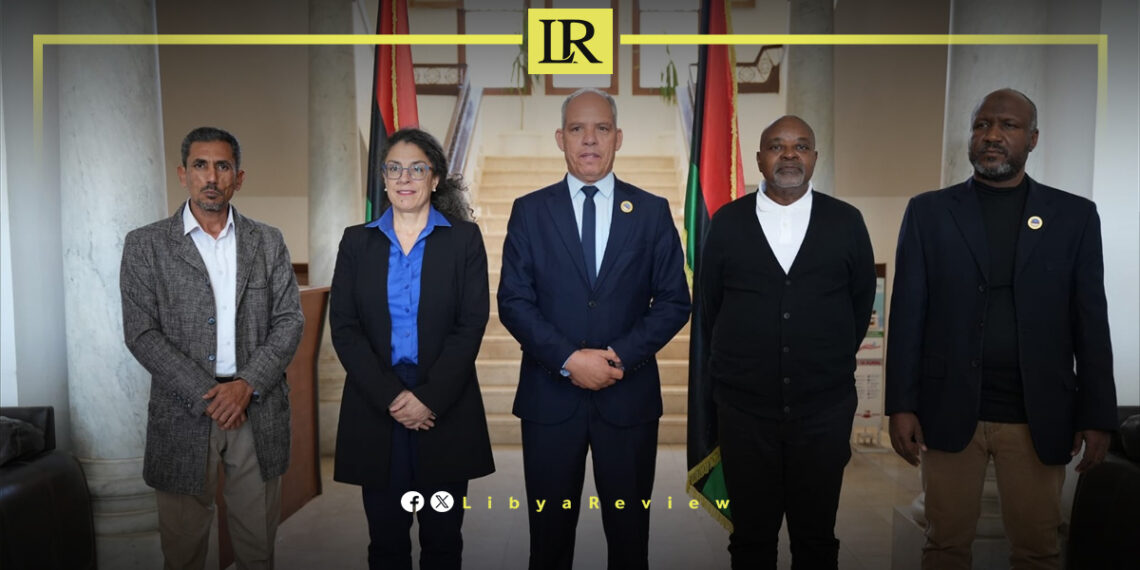On Wednesday, the Acting Head of the United Nations Support Mission in Libya (UNSMIL), Stephanie Khoury, emphasized the critical need for Libya to unify its state budget to strengthen national institutions and ensure long-term stability.
During a visit to Sebha, Khoury highlighted the UN’s readiness to assist Libya in this effort but underscored that the success of such initiatives ultimately depends on Libyan political will.
The UN diplomat called for urgent action to set a definitive date for presidential and parliamentary elections.
She stressed the importance of creating conditions for fair and transparent elections while addressing longstanding issues such as state restructuring, national identity, and the equitable distribution of resources—challenges that have remained unresolved since the country’s 2011 uprising.
Achieving sustainable stability, Khoury noted, requires comprehensive constitutional reforms and stronger national institutions capable of fulfilling the aspirations of the Libyan people.
Since the fall of Muammar Gaddafi in 2011, Libya has faced deep political divisions, rival administrations, and weakened institutions.
The absence of a unified budget has compounded these problems, creating economic inequalities and undermining the efficiency of public governance.
With Libya’s economy heavily reliant on oil revenues, disputes over resource management have been a recurring source of tension among rival factions. Establishing a unified budget would provide a framework for equitable distribution and greater transparency, reducing internal conflicts over economic resources.
Khoury emphasized that national elections are crucial to resolving Libya’s political impasse. Delayed for years due to disagreements over constitutional frameworks and electoral laws, these elections are seen as a pathway to establishing a legitimate and unified government.


